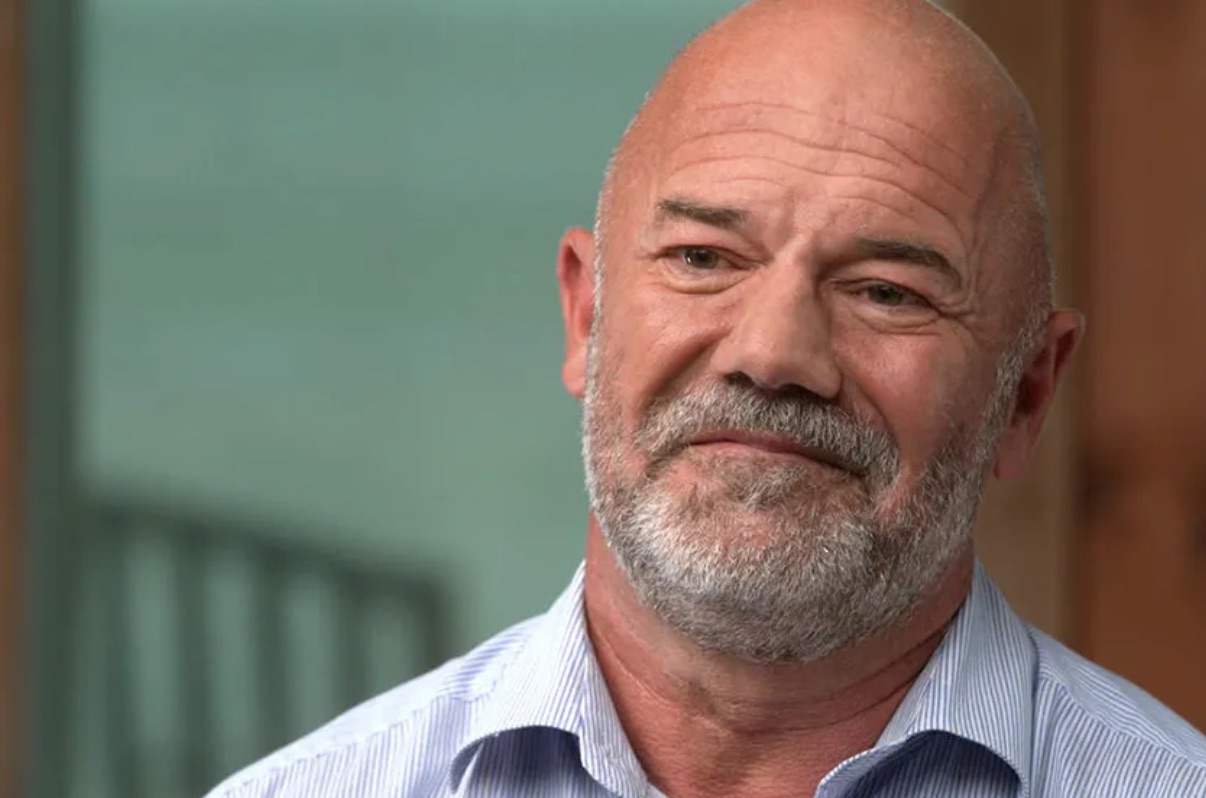Perhaps no journalist did more to normalise same-sex marriage than the iconoclastic conservative Andrew Sullivan. Now, the writer behind Barack Obama’s “favourite blog” is questioning the ethics of in vitro fertilisation just as establishment opinion consolidates in its favour.
In Friday’s edition of his Substack The Weekly Dish, Sullivan reiterated his support for abortion and affirmed that he disagrees with Catholic teaching on the “disassociation” of procreation from sexual intercourse. “So why has it always made me queasy?” Sullivan asked.
“A typical procedure might yield just one viable embryo from, say, 12 in vitro; or it might, in very rare cases, yield 12. But in almost every case, a handful of human embryos is left over. And that’s the rub for me,” he stated.
“In many cases, you’re creating new lives only to destroy them as waste,” Sullivan continued. “In many others, you don’t destroy them; you merely use them to beat the odds. They are quite simply a means to an end, violating a basic norm of inviolable human dignity.”
Interestingly, Sullivan’s friend Christopher Hitchens once also described feeling “queasy” over another sacred tenet of reproductive rights. In Hitchens’s case, it was abortion. “I had a queasy feeling about the disposability of the fetus. This queasy feeling has not gone away,” Hitchens told Crisis Magazine in 1988. Far from Sullivan’s Catholicism, Hitchens made his own argument in explicitly materialist terms. “As a materialist I hold that we don’t have bodies, we are bodies,” he explained.
“Dialectics,” according to Hitchens, “will tell you that you can’t be meaningfully inhuman unless you are actually or potentially human as well.” Fifteen years later, in a celebrated essay for Vanity Fair, he developed his argument further: “That the most partially formed human embryo is both human and alive has now been confirmed, in an especially vivid sense, by the new debate over stem-cell research and the bioethics of cloning.”
Presaging the current reckoning over IVF with logic similar to Sullivan’s, Hitchens concluded: “By rightly expanding our definition of what is alive and what is human, we have also accepted that there may be a conflict of rights between a potential human and an actual one.”
Hitchens’s thoughts on abortion were at the time positively subversive among secular intellectuals clawing to put increased distance between themselves and the religious Right. While Sullivan’s departure from the LGBT movement on IVF isn’t entirely surprising, his argument offers a reminder of what Hitchens wrote in 2003: “The only moral losers in this argument are those who say that there is no conflict, and nothing to argue about.”











Join the discussion
Join like minded readers that support our journalism by becoming a paid subscriber
To join the discussion in the comments, become a paid subscriber.
Join like minded readers that support our journalism, read unlimited articles and enjoy other subscriber-only benefits.
Subscribe